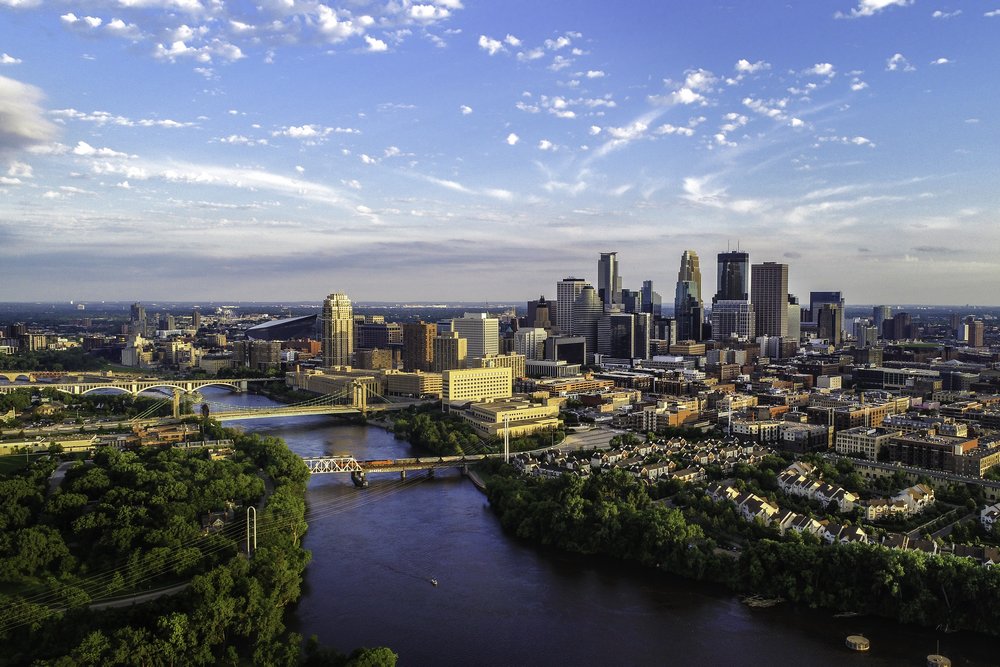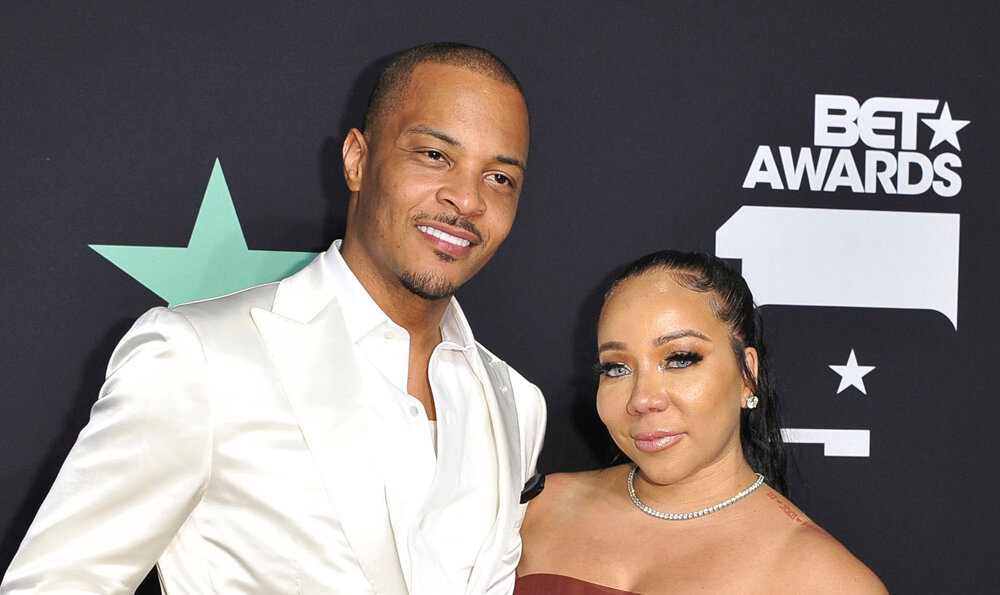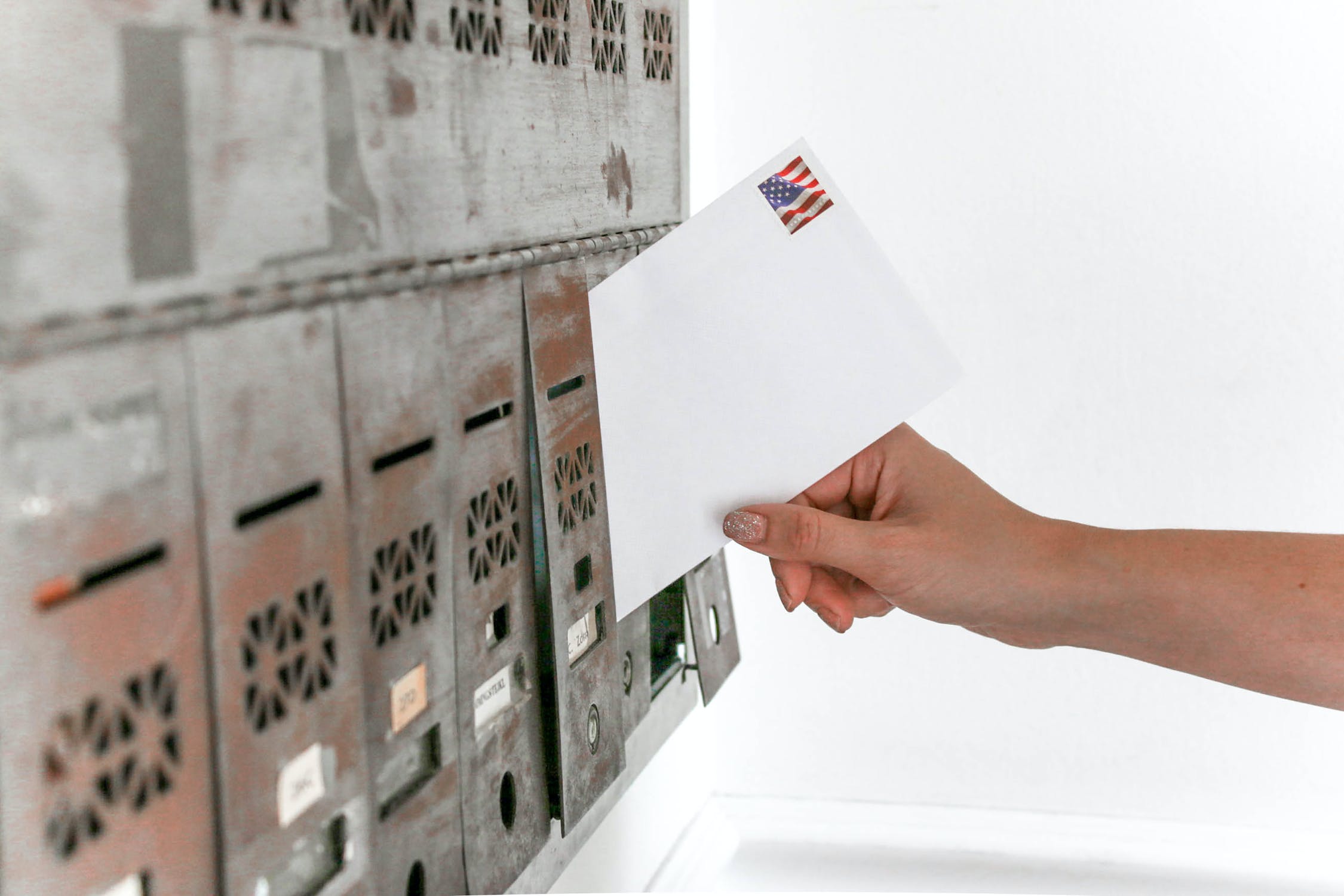Martin Luther King Jr. and Malcolm X left indelible marks in American history and both men, despite their differences, hoped to empower black Americans to demand their rights as citizens. But decades after their murders, racial tensions in the United States have taken a radically distinct shape: no longer a fixture of our laws, racism manifests itself through the retention of outdated institutions and cultural attitudes.
As American society has changed, so too has the nature of the activism to address inequality. From the long-forgotten MOVE bombing to the inauguration of Barack Obama, here are five moments that changed black activism in the United States since MLK.
1. The bombing of MOVE by the Philadelphia government (1985)
MOVE is a black liberation group based in Philadelphia that advocates for animal rights and communal living among its members. In 1985, a police helicopter bombed a MOVE compound that killed eleven people, including five children, and destroyed 65 houses. Firefighters were ordered to let the fires burn in order to maximize damage. No one responsible for the bombing was criminally charged.
The attack was a dramatic show of state-sanctioned force that shocked the country. To some, it proved without a reasonable doubt that the U.S. government conspired against black causes. Although the event has been largely forgotten, a 2013 documentary called “Let the Fire Burn” interviewed witnesses and survivors of the bombing.
2. L.A. Riots (1992)
The L.A. riots began after a video went viral showing Rodney King, unarmed and on the ground, being beat up by L.A. police. All the LAPD officers involved were acquitted, igniting a six-day riot that led to 63 deaths and 12,000 arrests.
Notably, the event highlighted conflicts between communities of color. More than two thousand Korean-owned businesses, which were left abandoned by the city’s armed forces were destroyed. Tensions between Korean-American and African-American communities in L.A.— already simmering since a Korean shop owner shot and killed ninth grader Latasha Harlins one year before— lead to violent confrontations. Some have argued that the riots worsened the rift between communities of color, while others believed it brought attention to the need for coalitions between minorities.
3. Million Man March (1995)
With a mission to “convey to the world a vastly different picture of the Black male,” the million man march in Washington, D.C. was organized by civil rights organizations to protest the economic disparities affecting the African-American community. The event was also organized to encourage voter turnout among communities of color.
The event was held in the middle of a decade rife with racial tensions. Often portrayed as violent hooligans, black activists across the country wanted to present an image of peaceful protestors eager to uplift their communities. Its significant lies in its sheer scale, with the numbers of attendees ranging anywhere between 500,000 to 800,000.
4. Barack Obama’s inauguration (2009)
Forty-one years after Martin Luther King was assassinated, the United States inaugurated its first black president. Unimaginable only a generation before, Obama’s presidency signaled a the fulfillment of a racial fantasy: that anyone, regardless of background, could become president of the United States.
Nearly two million people attended Obama’s first inauguration, the biggest crowd to ever gather at the National Mall. Interestingly, Obama’s presidency created new obstacles for activists, who fought against the notion that we live in a “post-racial” society.
5. Trayvon Martin’s killing and its aftermath (2012)
Seventeen year-old Trayvon Martin was shot and killed by George Zimmerman as he was walking through a neighborhood unarmed in Sanford, Florida.
Two years later, Michael Brown was shot and killed in a similar way and his death culminated in the Ferguson riots. That event led to 321 arrests and created an ongoing conversation around the militarization of American police.
Martin’s and Brown’s deaths, along with the subsequent killings of Eric Garner, Philando Castile and many others, fueled the Black Lives Matter movement. In most cases. the police responsible for the murders were acquitted.
Black Lives Matter compresses complex questions of police brutality, accountability, mass incarceration into one central plea: to equate the value of black lives with all others.





